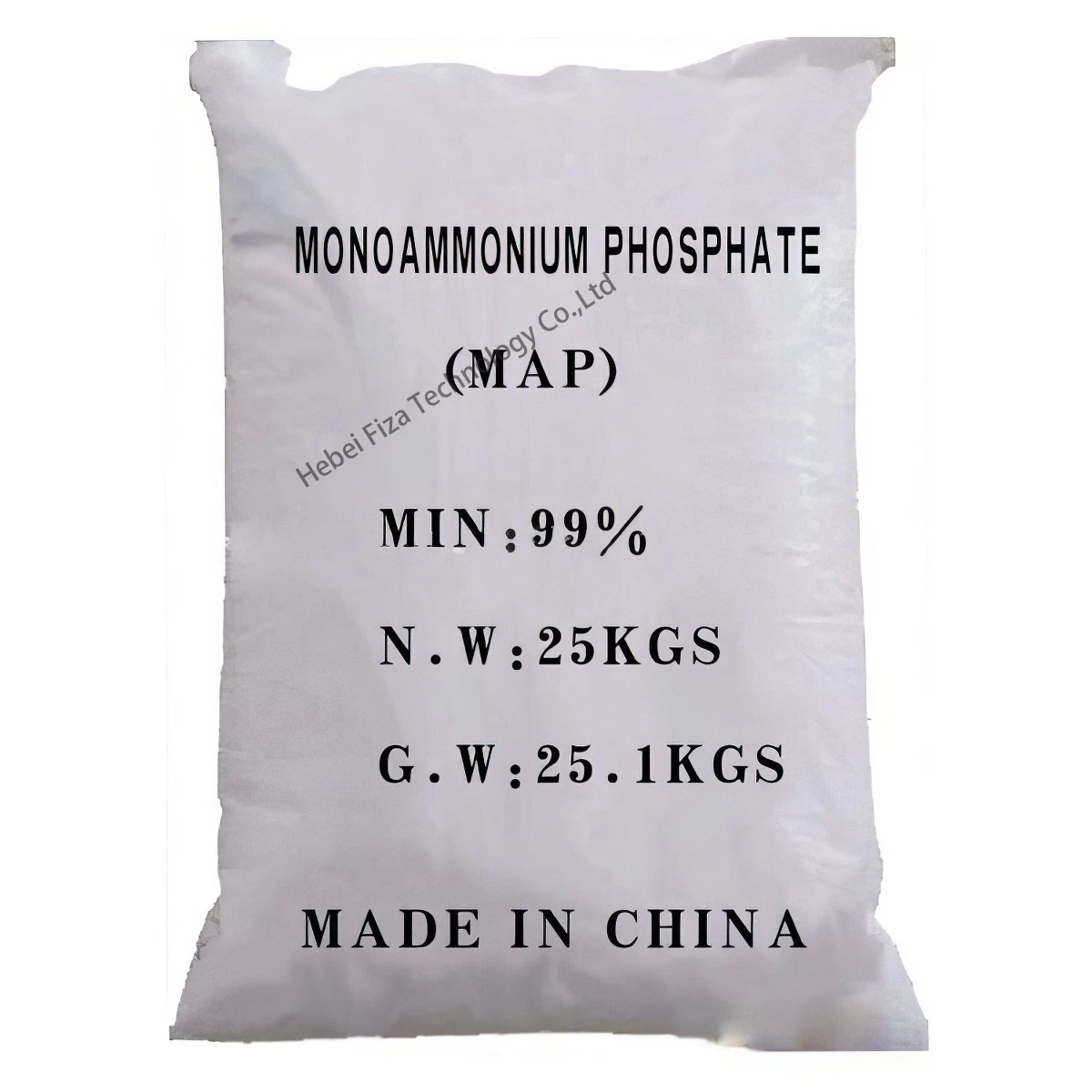



molecular weight of sodium sulfide
Understanding the Molecular Weight of Sodium Sulfide
Sodium sulfide, with the chemical formula Na₂S, is an inorganic compound comprising sodium and sulfur. It has garnered significant attention in various fields ranging from chemistry to industry due to its unique properties and applications. A key concept in understanding sodium sulfide and its interactions is its molecular weight, which plays a crucial role in its reactivity and usage.
What is Molecular Weight?
Molecular weight, often referred to as molecular mass, is the mass of a molecule of a substance calculated as the sum of the atomic weights of the constituent atoms. It is typically expressed in grams per mole (g/mol). The molecular weight of a compound provides insights into its stoichiometry in chemical reactions, its behavior in chemical processes, and its physical properties.
Calculating the Molecular Weight of Sodium Sulfide
To determine the molecular weight of sodium sulfide, we must first consider the individual atomic weights of sodium (Na) and sulfur (S). Sodium has an atomic weight of approximately 22.99 g/mol, while sulfur has an atomic weight of about 32.07 g/mol.
The molecular formula of sodium sulfide is represented as Na₂S, which indicates that each molecule of sodium sulfide contains two sodium atoms and one sulfur atom
. Therefore, the calculation for the molecular weight of sodium sulfide is as follows\[ \text{Molecular Weight of Na₂S} = (2 \times \text{Atomic Weight of Na}) + (1 \times \text{Atomic Weight of S}) \] \[ = (2 \times 22.99\, \text{g/mol}) + (1 \times 32.07\, \text{g/mol}) \] \[ = 45.98\, \text{g/mol} + 32.07\, \text{g/mol} \] \[ = 78.05\, \text{g/mol} \]
molecular weight of sodium sulfide

Thus, the molecular weight of sodium sulfide is approximately 78.05 g/mol.
Importance of Molecular Weight in Practical Applications
Understanding the molecular weight of sodium sulfide is essential for several practical applications. In wastewater treatment, for instance, sodium sulfide is used to precipitate heavy metals, and its dosage must be accurately calculated based on its molecular weight. Chemists in laboratories rely on precise measurements of molecular weight when preparing reagent solutions, ensuring the correct stoichiometric ratios in chemical reactions.
Additionally, the molecular weight can influence the physical properties of sodium sulfide, including its solubility and reactivity. Sodium sulfide is highly soluble in water, and its molecular weight contributes to this characteristic, affecting how it behaves in various environments. This solubility enhances its utility in chemical syntheses and industrial applications, such as paper production and textile industries, where it acts as a reducing agent.
Safety Considerations
While sodium sulfide has practical uses, it is important to handle it with care. Sodium sulfide is a strong reducing agent and can be hazardous in concentrated forms. Understanding its molecular weight aids in establishing safety protocols, determining safe handling procedures, and predicting its reactions with other substances.
Conclusion
Sodium sulfide is a vital compound with a molecular weight of approximately 78.05 g/mol, influencing its chemical behavior and applications across various industries. From environmental management to industrial processes, the understanding of its molecular weight is crucial in ensuring safety and efficacy. As research continues to unfold, sodium sulfide will likely remain a compound of interest for its diverse applications and the pivotal role it plays in both chemistry and industry.
-
Why Sodium Persulfate Is Everywhere NowNewsJul.07,2025
-
Why Polyacrylamide Is in High DemandNewsJul.07,2025
-
Understanding Paint Chemicals and Their ApplicationsNewsJul.07,2025
-
Smart Use Of Mining ChemicalsNewsJul.07,2025
-
Practical Uses of Potassium MonopersulfateNewsJul.07,2025
-
Agrochemicals In Real FarmingNewsJul.07,2025
-
Sodium Chlorite Hot UsesNewsJul.01,2025










